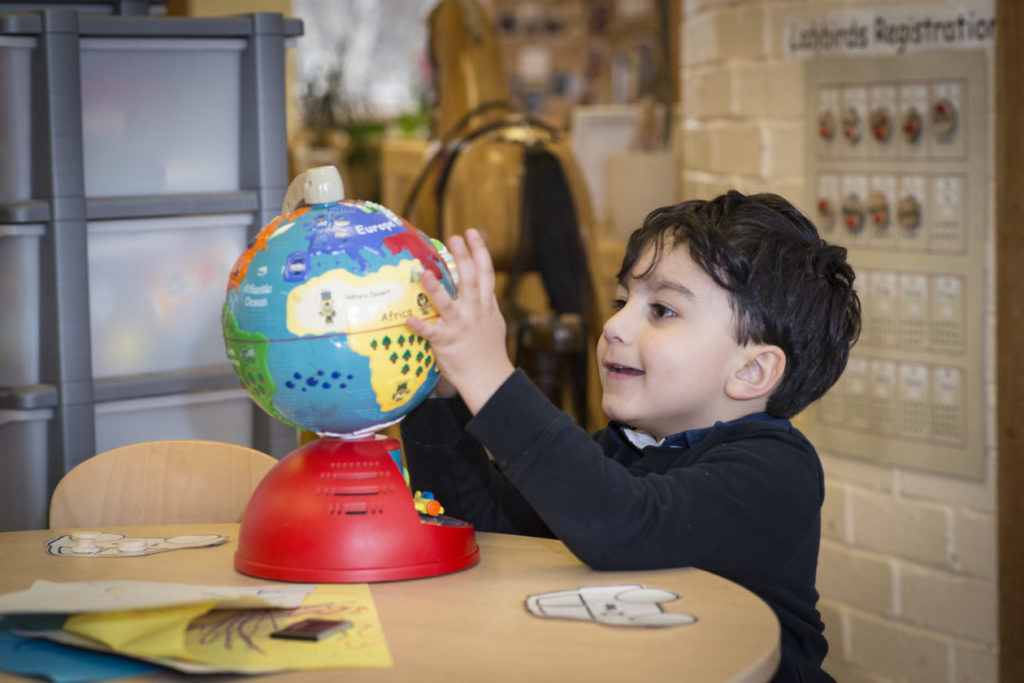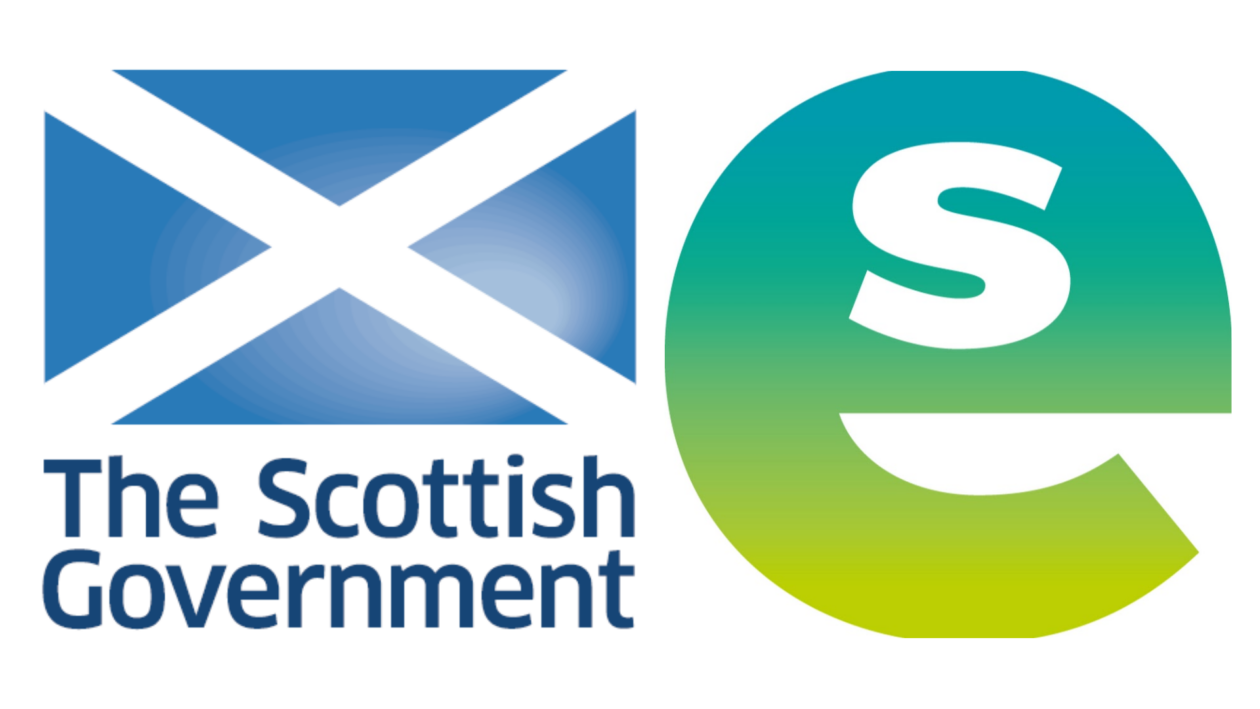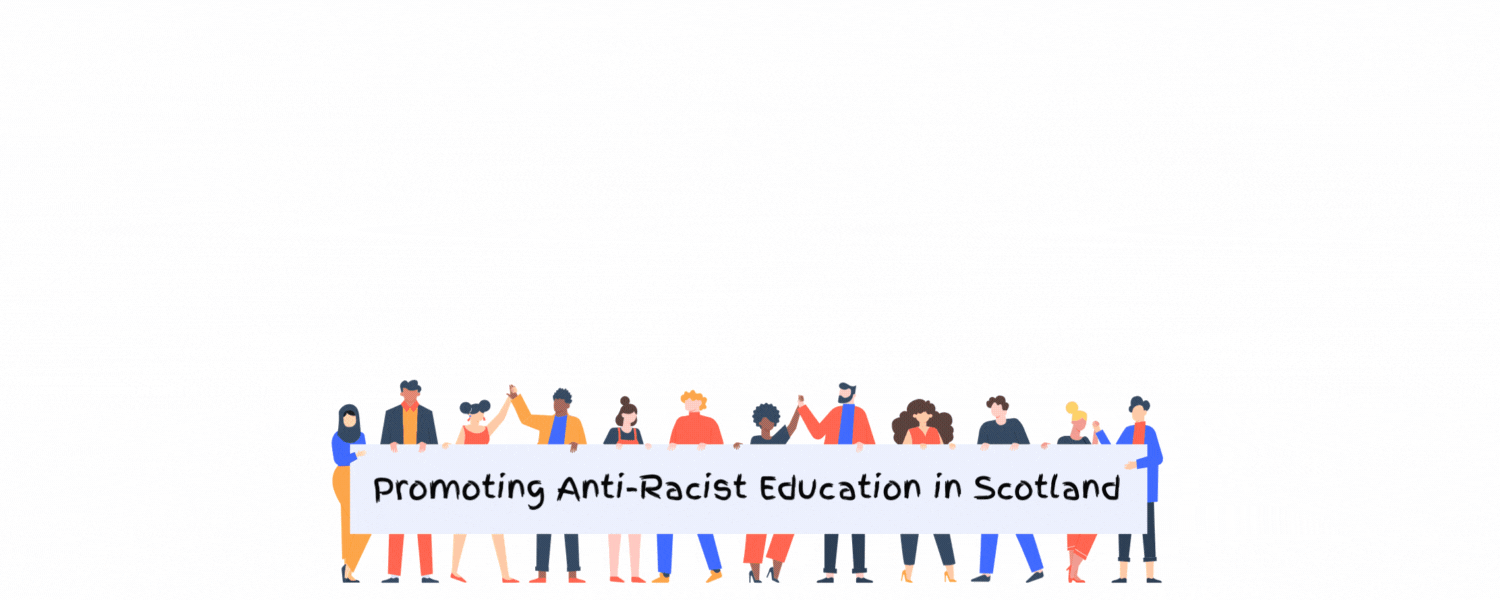Developing Global Citizens
The 2002 Maastricht Global Education Declaration defines Global Education as an education that,
“opens people’s eyes and minds to the realities of the world and awakens them to bring about a world of greater justice, equity and human rights for all.”
 Global Citizenship Education is a vital aspect of Scotland’s cross curricular approach to Learning for Sustainability. It encourages individuals to think deeply and critically about what is equitable and just, and what will minimise harm to our planet. Exploring Global Citizenship themes helps learners grow more confident in standing up for their beliefs, and more skilled in evaluating the ethics and impact of their decisions. Through this process of better understanding how our choices and actions have repercussions for people and their communities locally and globally, it supports individuals to take action on social and environmental issues.
Global Citizenship Education is a vital aspect of Scotland’s cross curricular approach to Learning for Sustainability. It encourages individuals to think deeply and critically about what is equitable and just, and what will minimise harm to our planet. Exploring Global Citizenship themes helps learners grow more confident in standing up for their beliefs, and more skilled in evaluating the ethics and impact of their decisions. Through this process of better understanding how our choices and actions have repercussions for people and their communities locally and globally, it supports individuals to take action on social and environmental issues.
There are clear synergies between Global Citizenship and anti-racist education. Global Citizenship ask us to interrogate our assumptions and bias, recognising that we interpret the world through our specific social context. This process of unlearning and development of critical literacy skills helps learners recognise, understand and challenge discrimination and inequality e.g. critically exploring the language used to describe refugees in the media.
Scot Dec have developed a range of ‘Issues to Action‘ resources that provide ideas for weaving global citizenship into the curriculum.
Reflective questions
- To what extent is the curriculum in your setting preparing all learners to thrive in a multi-cultural, multi-faith and multi-ethnic society?
- How are you enhancing learners’ awareness of their embedded values and assumptions and challenging their perspectives?
- To what extent is there an understanding of the link between global issues and race equality?


